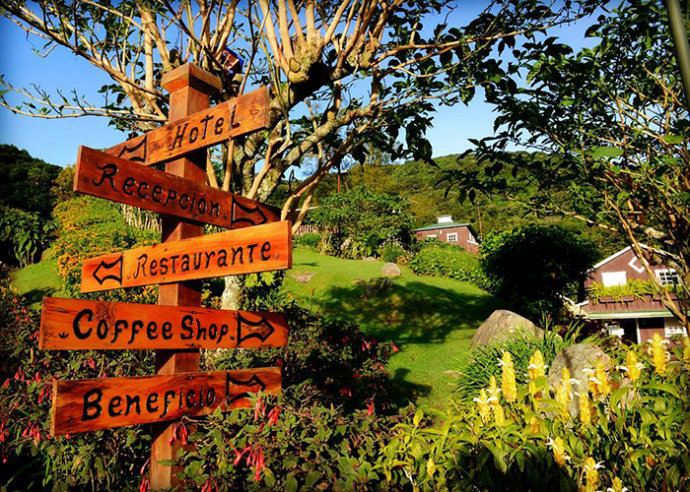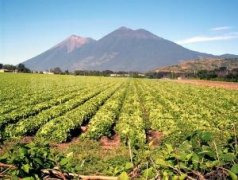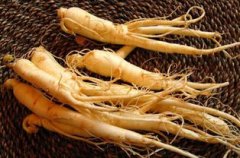Effects of humidity, temperature and soil of planting environment on flavor quality of coffee beans
What is the effect of soil and moisture on the flavor of coffee?
When we tested the coffee, we found that there is a phenomenon that the coffee grown in volcanic rock is the most balanced in terms of acidity, bitterness, mellow and flavor, so it is rich in taste.
Some studies have found that this is because volcanic rocks contain high concentrations of sulfur and sulfides, which are necessary for the synthesis of some aromatics.
As a result, coffee grown in volcanic soil usually has a strong flavor. Potassium in the soil also increases the alcohol thickness of coffee.
However, it is interesting that coffee grown in non-volcanic soil has developed a unique and distinctive flavor because it has less sulfur and potassium, resulting in a more unbalanced overall flavor.
And what effect does humidity have on coffee? The study found that coffee in high-humidity producing areas will have a strong fruit flavor.
For example, the Koban producing area of Guatemala has a tropical rain forest climate, and its humidity is the highest among the eight major producing areas of Guatemala.
On the other hand, the aroma of coffee and fruit in Koban is also significantly higher than that in other producing areas, but the alcohol thickness is slightly lower.
Because of the lack of sulfur and potassium in the volcanic soil.
It has been reported that high humidity increases the malic acid of coffee pulp, and when the aroma components in the pulp are absorbed by coffee beans, they become the fruit flavor of coffee.
In addition, high humidity is conducive to the production of sugar, fruits with high sugar content? Many grow in areas with high humidity, but if the humidity is high and the temperature is high, the fruit is prone to early ripening and decay.
So if coffee is grown in areas with high humidity and no high temperature, it will give birth to coffee, and the flavor will be unique and charming.
The coffee producing areas of Guatemala enjoy this unique climatic condition because of the altitude, which leads to the production of high-quality coffee.

Important Notice :
前街咖啡 FrontStreet Coffee has moved to new addredd:
FrontStreet Coffee Address: 315,Donghua East Road,GuangZhou
Tel:020 38364473
- Prev

The effect of altitude on the Flavor and quality of Coffee beans
Coffee beans are generally graded according to their size, defect rate and altitude. The size and defect rate of raw beans are easy to understand, but many people don't quite understand. Why do some producing areas use the altitude of coffee beans as the basis for classification, and many coffee sellers also sell their coffee at high prices because of their high altitude coffee? why? First of all, we should realize that the geographical location of coffee beans
- Next

Flavor description of 90 + ginseng wild ginger coffee and brief introduction of coffee beans
Ninety + ginseng name Origin: this is a kind of coffee from the town of Nekempte in western Ethiopia. It is characterized by liveliness and cleanliness, with a slight taste of fruit, citrus and ginseng. The kem in the name of Kemgin is quoted from Nekempte,gin and from ginseng (ginseng). Kemgin-flavored coffee is found in Waliga, Hidamo and Yega Chet Coffee producing areas.
Related
- Guji coffee producing area of Guji, Ethiopia: Humbela, Shakiso, Wulaga
- What is the most expensive variety of Qiloso in BOP multi-variety group?
- How to store the coffee beans bought home?
- Why are Yemeni coffee beans so rare now?
- Ethiopian Sidamo all Red Fruit Sun Sun Santa Vini Coffee beans
- SOE is mostly sour? What does it mean? Is it a single bean? what's the difference between it and Italian blending?
- Is Italian coffee beans suitable for making hand-brewed coffee?
- How to choose coffee beans when making cold coffee? What kind of coffee beans are suitable for making cold coffee?
- Just entered the pit to make coffee, what kind of coffee beans should be chosen?
- Can only Japan buy real Blue Mountain Coffee? What are authentic Jamaican Blue Mountain coffee beans?

